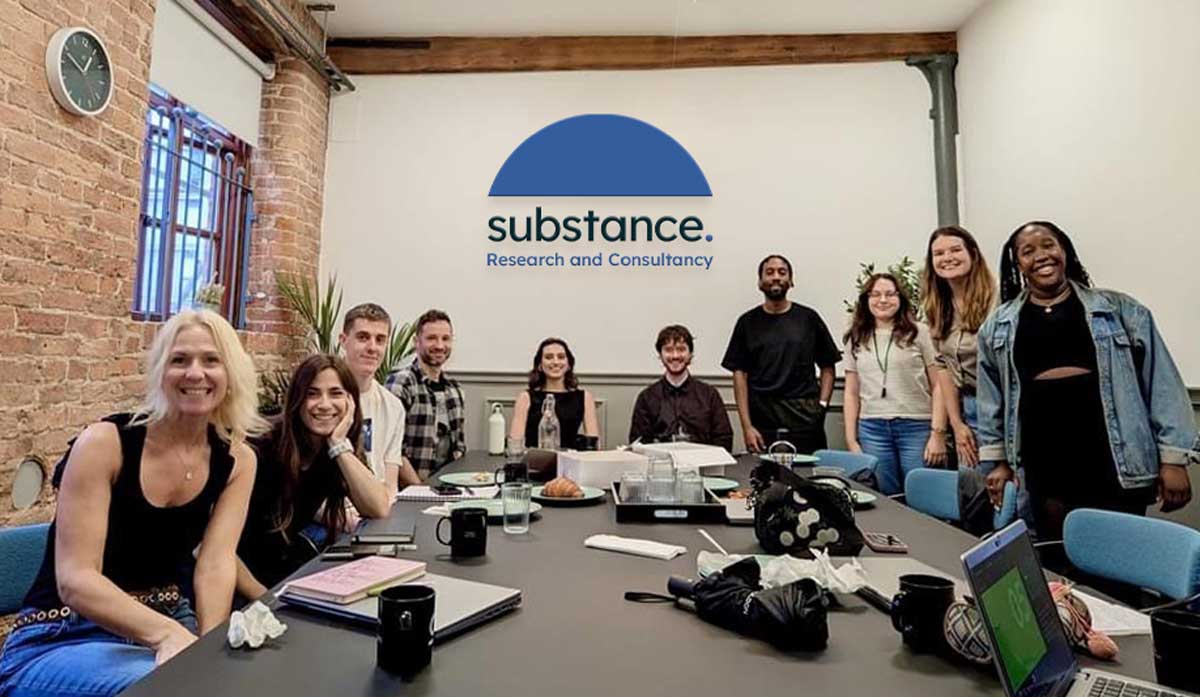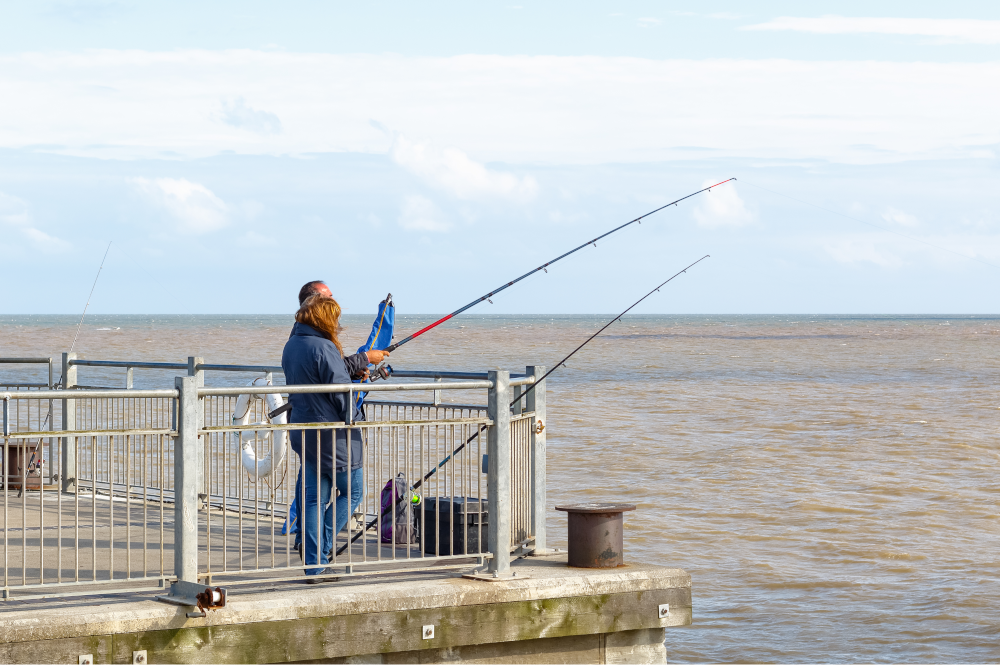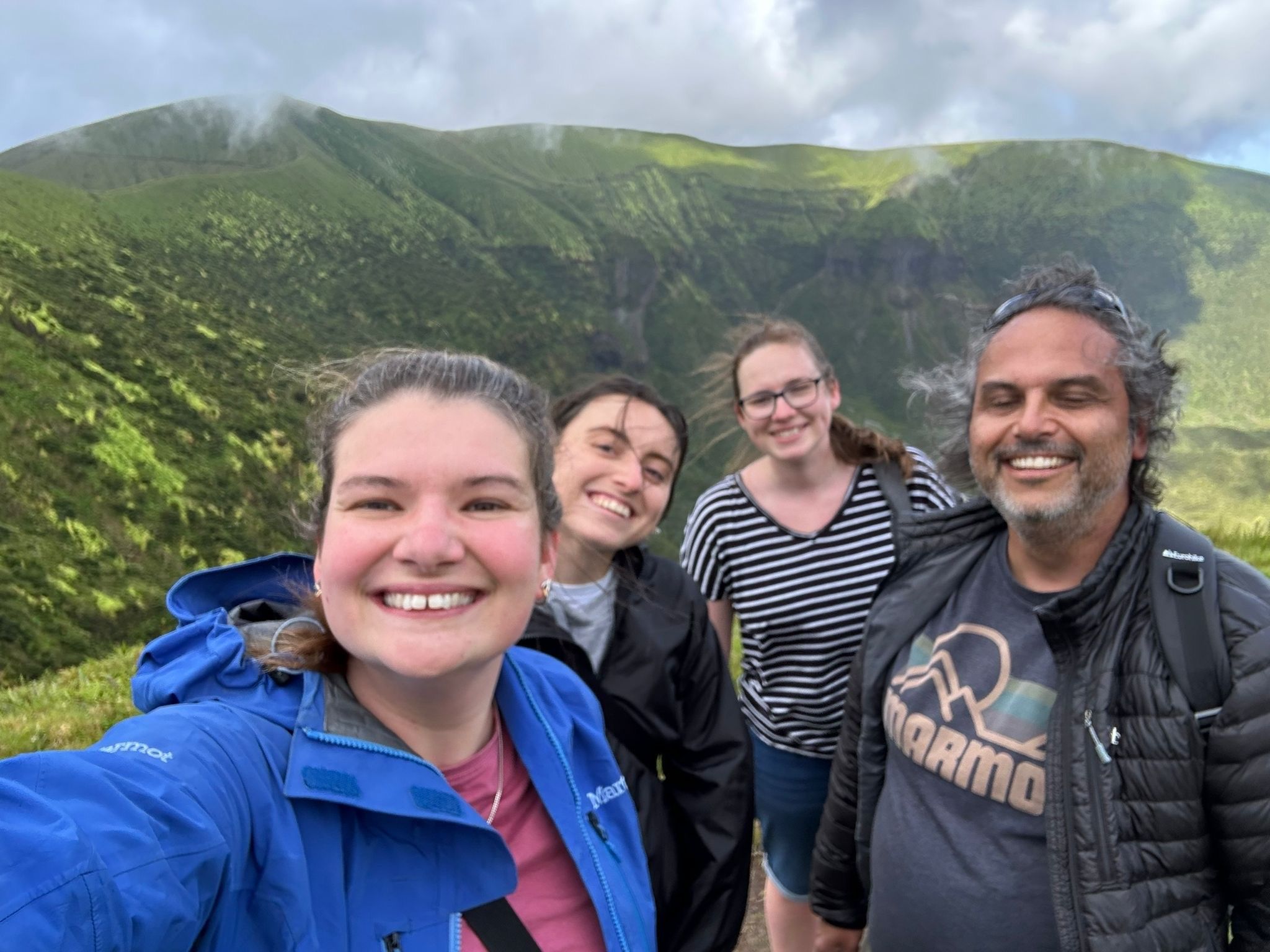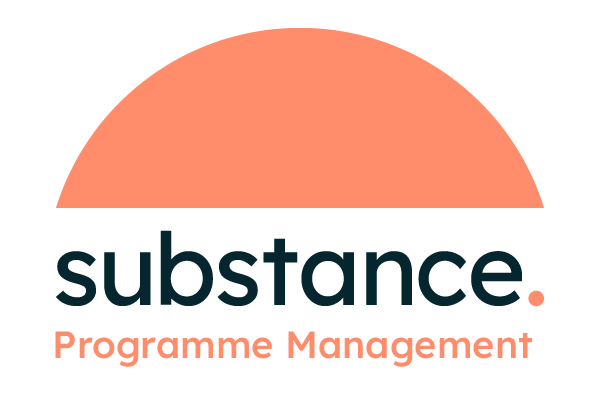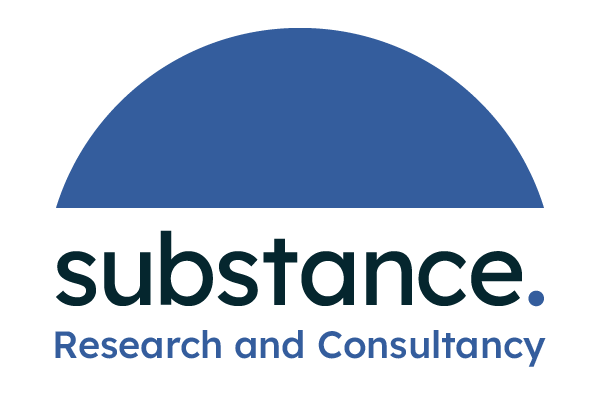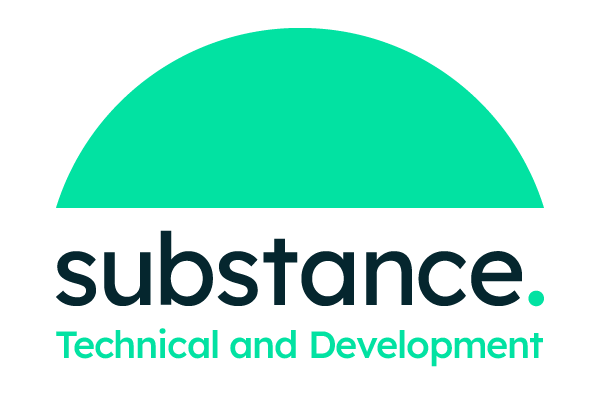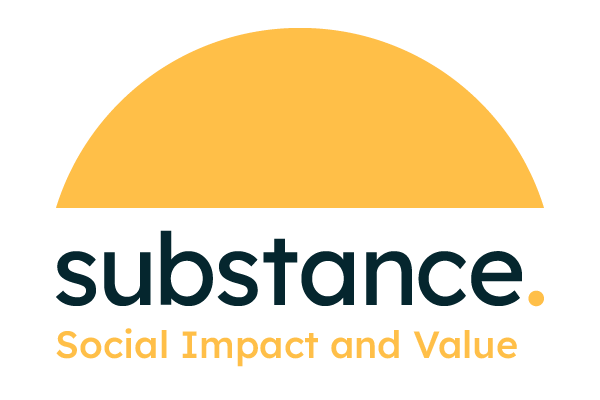It’s been three months since the Department of Culture, Media and Sport (DCMS) published its Sporting Future strategy. Having had the opportunity to digest and consult on it, Sport England will be publishing its own new strategy in the next few weeks and that too will place a much bigger emphasis on those sport and physical activity programmes that can improve individuals lives and deliver wider community outcomes. So, if the wind has changed and it’s no longer business as usual, how do we ensure funding flows to those organisations that can deliver on the new strategic aims.
The first thing to say is its not going to be easy. Decommissioning is rarely discussed in the context of service improvement. The prospect of stopping a well-established service is challenging and provokes strong reactions from those who have been delivering it as well as their supporters and beneficiaries. So when decommissioning is more about politics than process, the role of evidence and information to challenge the current state and build support around the idea of a new way of doing things is crucial.
So what kind of evidence and information should matter? Our work with Catch 22, The Young Foundation and Dartington Social Research Unit on the Realising Ambition programme would suggest that a broad and more nuanced definition of organisational health and performance is a good place to start because evidence is confidence [See the diagram on page 8 if you don’t have time to read the full insight piece!].
The questions that Realising Ambition’s funded organisations are constantly asked to reflect on include:
- whether their programme or service is well defined and delivered effectively to those that need it
- if evidence is reflected on and if any associated adaptations to programme design are made
- whether they have confidence outcomes will improve and
- if they can demonstrate the service or programme is cost beneficial and sustainable.
In order to answer these questions organisations can’t just focus on their impact as the interest is primarily in whether their programme could be replicated elsewhere. As a consequence, they need to provide good evidence that services or programmes are supported by strong logic models, that staff are motivated and well qualified and that their financial and organisational structures are sufficiently robust to support the replication of the programme or service.
Providing evidence that an organisation is healthy and performs at a consistently high standard will be just as critical for sport and activity providers, particularly those that want to use public funding to improve lives and deliver good community outcomes. So over the last six months Substance has been working with the Quest UK Quality Scheme for Sport and Leisure, a nationally recognised continuous improvement programme supported by Sport England, Sport Scotland, Sport Wales and Sport Northern Ireland to develop a new Sport for Development organisational accreditation.
While the process is similar to both the existing Facility Management and Sports Development Quest models and includes both a self-assessment and an external evaluation, the content has been developed to challenge and support sport and activity based organisations with a social purpose and is based on five specific modules:
- Partnerships and collaboration
- Delivering Sport for Development Projects
- People and Skills Development
- Continuous Improvement
- Community Outcomes
The process has now been piloted with three organisations, Brentford Community Sports Trust, the Coventry based Positive Youth Foundation and Tottenham Hotspur Foundation. As would be expected with three experienced sport and activity based charities with strong ties to their respective local communities there was lots of evidence of excellent practice which generated real confidence among the assessment team. Of course, no organisation is perfect but by shining a light on them the organisations will now be able to make improvements in those areas where evidence wasn’t as strong, between now and a follow up assessment in 12 months’ time.
Our aspiration is that the Sport for Development assessment process eventually generates enough information to provide a National Benchmarking Service, as it does in the Facilities Management model. In that context data is provided on the performance of individual leisure facilities, including an analysis of participation, management, financial and customer feedback. This makes direct comparisons between providers possible and no doubt makes any decommissioning process less political and painful for everyone involved as resources move to those providing the greatest impact and value. After all, isn’t that the point of having a strategy?
If you would like more information, including how to register for a Quest assessment, email michael.tarver@questnbs.org
Written by Neil Watson, Director and Head of Programmes

